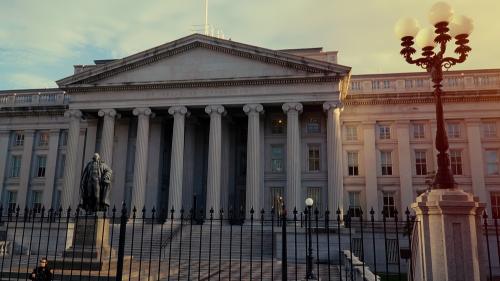The Brookings Institution is committed to quality, independence, and impact.
We are supported by a diverse array of funders. In line with our values and policies, each Brookings publication represents the sole views of its author(s).

Research
BPEA | 1982 No. 11982, No. 1
SINCE 1979, union contract concessions have occurred with increasing frequency. Substantial press attention has been devoted to these concessions along with other ills plaguing organized labor such as the declining proportion of union members in the work force and political difficulties with the Reagan administration. Popular accounts of these trends often suggest that a turning point in union wage determination and industrial relations has been reached. It is clear that the current climate for large wage settlements, both union and nonunion, is unfavorable. The general economic slack since 1979 and the deceleration of price inflation that began in 1981 suggest that the rate of wage increase in the near future should be lower than in the recent past. Such behavior by itself does not represent a break from past processes of setting wages; empirical wage equations have long suggested that recession and declining price inflation would have such an effect.